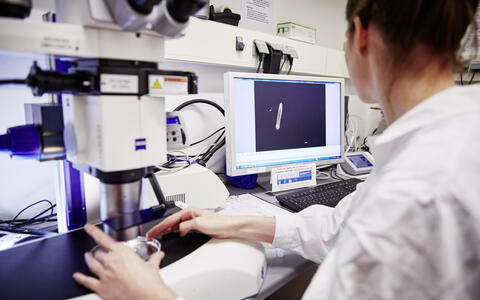Que dois-je savoir sur le programme ?
AFRIKA COMMT ! est un programme de bourses qui met en relation des professionnels africains visionnaires et des entreprises allemandes de premier plan. Ensemble, ils ouvrent la voie à une entreprise mondiale inclusive et à une coopération mutuellement bénéfique.
Le programme offre une opportunité inégalée à de jeunes professionnels africains talentueux pour une carrière d'un an et une expérience transformatrice de vie.
Pourquoi devrais-je participer ?
- Affinez vos compétences en leadership et en gestion
- Accédez à des réseaux et à des opportunités d'accélération de carrière
- Améliorez votre compétence interculturelle
- Élargissez votre perspective et stimulez l'innovation
- Atteindre la croissance personnelle
 Etudes Non Stop Study Non Stop
Etudes Non Stop Study Non Stop

